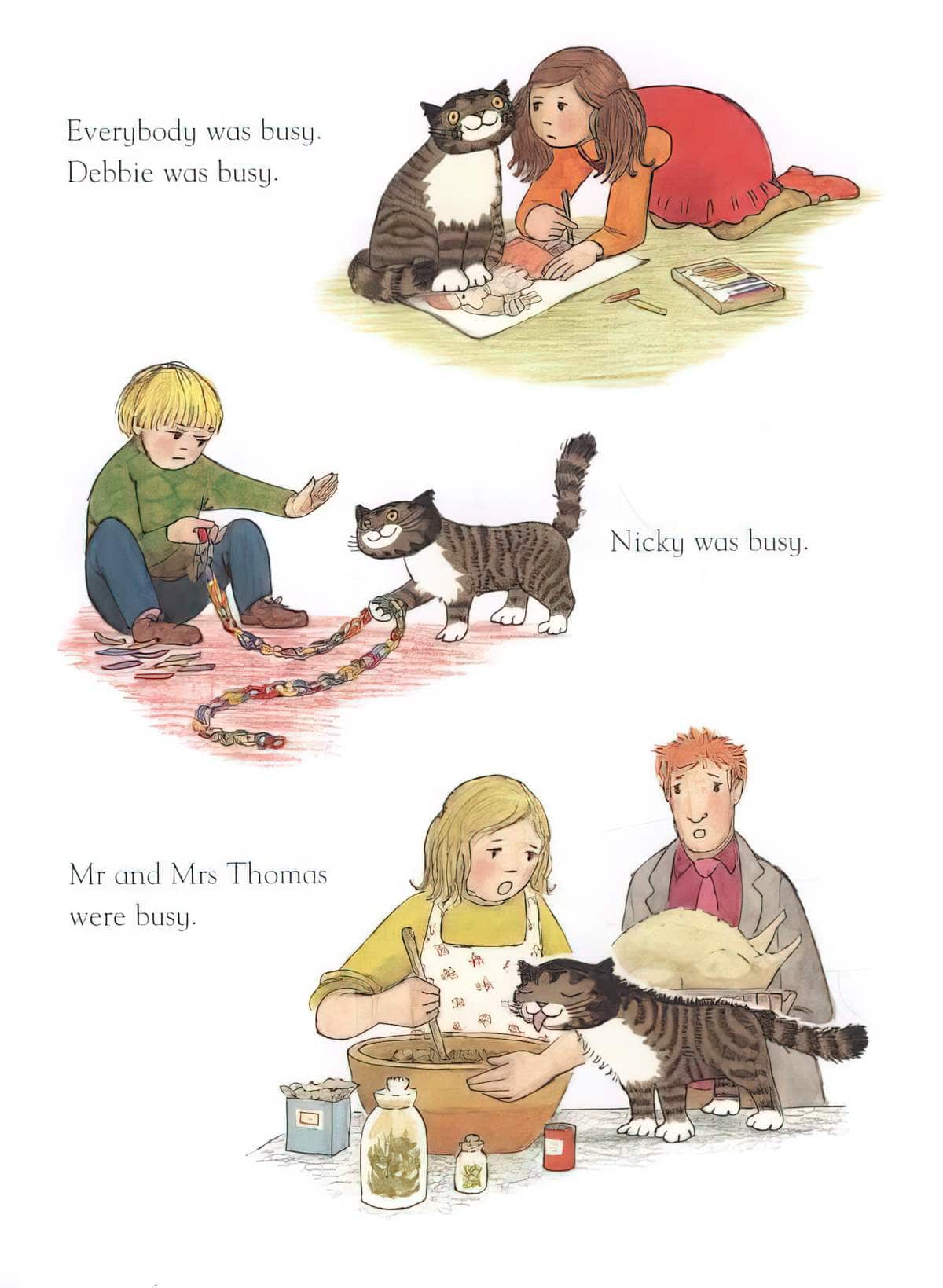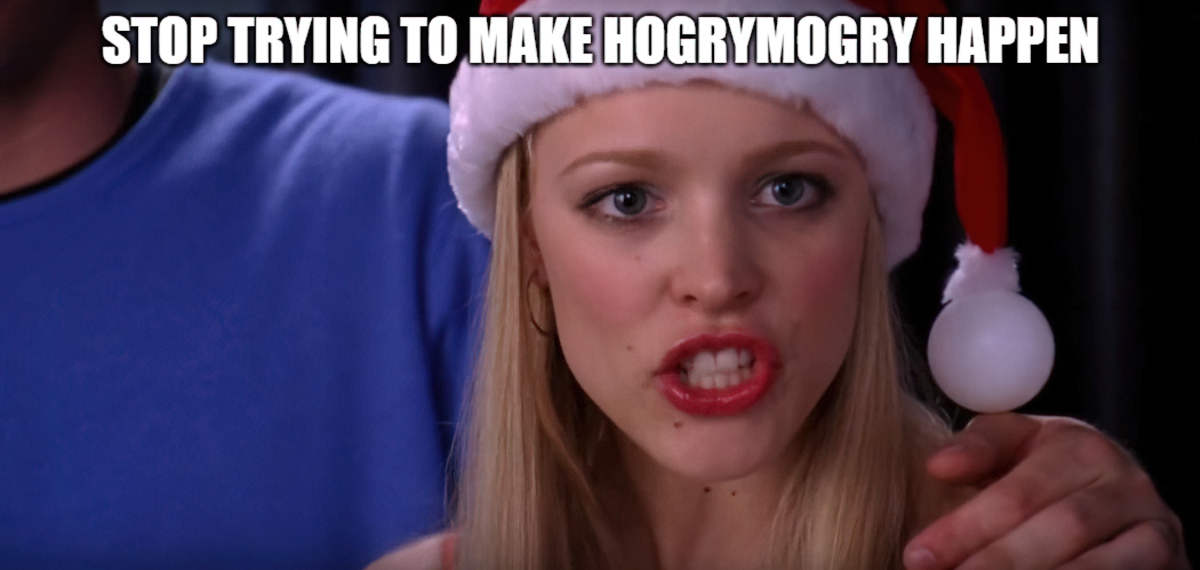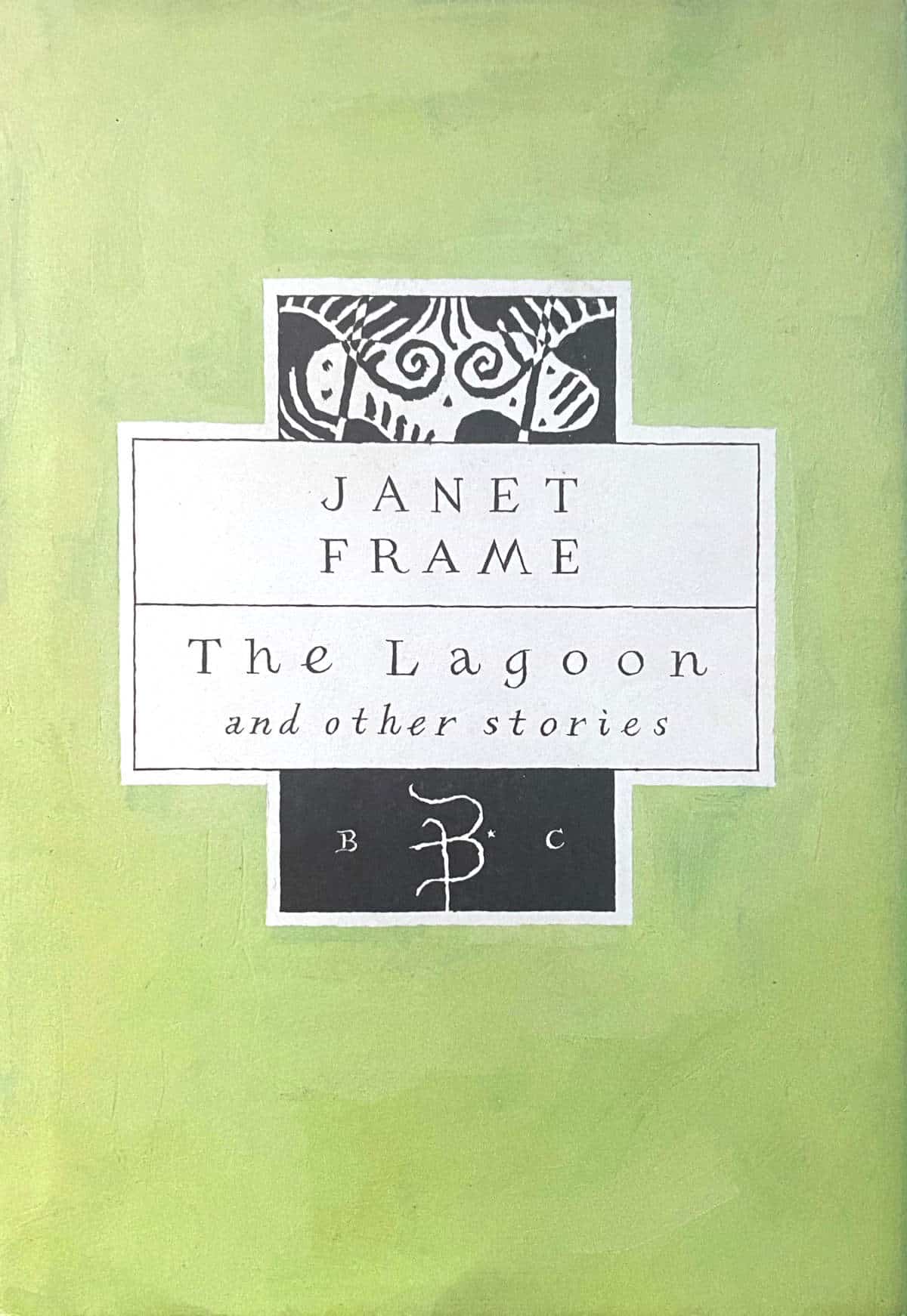-
Little Red Riding Hood Movies
These Little Red Riding Hood movies all draw inspiration from classic fairytale. Some are for kids; others very dark.
-

The Definition Of Boondoggle
Boondoggle is a mimetic word which sounds funny to English speakers along with nonsense words such as thingamebob, thingamejig, shenanigans, dongle, lollapalooza, bamboozle… All of these words are inherently funny. Even without considering any meaning, they just sound funny. Linguists have studied what makes some words phonologically funnier than others. According to a 2015 study,…
-

Words that end in gry
If you’re reading this page you’ve probably been asked an old trick word puzzle. It started in New York in the mid 1970s. Trick Question: There are three common words in English that end in “gree”. The first two are “angry” and “hungry”. If you’ve listened closely, you’ll agree that I’ve already told you the…
-
The Cafeteria In The Evening And A Pool In The Rain by Yoko Ogawa
Many writers say this: Stories emerge from the imagination when two different ideas come together in a new way. So it is in the title of this story. What do cafeterias and pools have in common? Evenings and rain? Moving into a new house? “The Cafeteria In The Evening And A Pool In The Rain”…
-

The Lagoon and Other Stories by Janet Frame
If you’ve seen Jane Campion’s biopic about New Zealand’s most accomplished author, Janet Frame, you’ll already know that “The Lagoon and Other Stories” saved the author’s life.
-

Transphobic Urban Myths
Do urban legends seem unanimously ridiculous to you? Good. Because there’s a new one doing the rounds.
-
Red Card by S.L. Gilbow Short Story Study
“Red Card” is a 2013 short story by American writer S.L. Gilbow. If you enjoy the creepy suburban tales of Shirley Jackson, you’ll like this one.
-
Hack Wednesday by Margaret Atwood Short Story Analysis
Margaret Atwood has a knack for writing prescient feminist pieces which remain relatable over decades. I wish she wouldn’t. I wish, for once, that Margaret Atwood were wrong about something (in fiction).
-
Kiss Me Again, Stranger by Daphne du Maurier Short Story Analysis
“Kiss Me Again, Stranger” by Daphne du Maurier (1952) is as supernatural as a story gets without actually being supernatural.
-
Wilderness Tips by Margaret Atwood
“Wilderness Tips” (1991) is an ecological short story by Canadian author Margaret Atwood, full of duplicity, doubles and dark humour.
-
“Home” by Shirley Jackson and the Gossiping Busybody Archetype
In “Home”, Shirley Jackson takes the urban legend of the ghost hitch-hiker and turns it into something new.
-
The Shadows On The Wall by Mary E. Wilkins Freeman
There’s a subcategory of carnivalesque stories about visitors who outstay their welcome. These stories explore a deeper, broader human fear: The fear of home infiltration.
-
The Little Photographer by Daphne du Maurier Short Story Analysis
“The Little Photographer” (1952) is a short crime story by British author Daphne du Maurier. Find it in The Birds and Other Stories, previously published as The Apple Tree collection. Like Rebecca, people of rank are shown to be capable of terrible things.
-
Paranoia by Shirley Jackson Short Story Analysis
“Paranoia” is a noir short story by American writer Shirley Jackson (1916-1965). A man is followed home by a stalker. Or is he?
-
The Possibility of Evil by Shirley Jackson
“The Possibility of Evil” is a short story by American author Shirley Jackson (1916-1965). Find it in several collections: Dark Tales and Just An Ordinary Day. The story was first published in The Saturday Evening Post a few months after Jackson’s death.